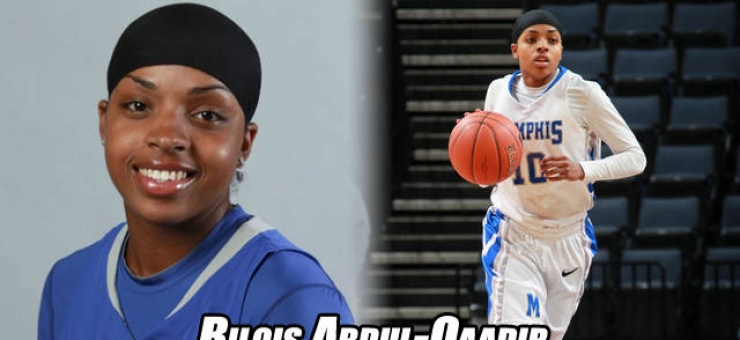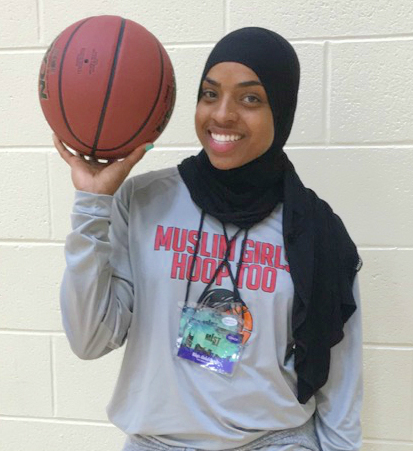World Players Association looks forward to FIBA overturning controversial headgear rule

The World Players Association looks forward to world basketball governing body FIBA overturning its longstanding hijab ban at key meetings to be held this week.
Rule 4.4.2 of the Official Basketball Rules bans the wearing of headgear during basketball matches ostensibly for reasons of player safety. However, Rule 4.2.2 discriminates against Muslim women by preventing them from wearing a hijab during matches. The rule’s longstanding application has sidelined players while forcing them to decide between exercising their faith or pursuing their love of basketball.
In March, the World Players Association, on behalf of eight national basketball player associations, wrote to FIBA to set out the concerns of the players with the rule’s discriminatory impact. The letter called on FIBA to follow FIFA’s example of 2014 which saw it partner with FIFPro, the world footballers’ association and an affiliate of the World Players Association, and representatives of the game and players in Western Asia to change the Laws of the Game so that players could play in a headscarf.
“The new rules in football have made the game more accessible enhancing its potential to fulfil its social role. We expect the same for basketball should FIBA follow suit,” Brendan Schwab, the Executive Director of the World Players Association said today.
According to the World Players Association, the discriminatory impact of regulations such as Rule 4.2.2 highlight the need for major international sporting federations to live up to the ambition of the Olympic Charter to make access to sport a human right. This requires them to uphold human and player rights in accordance with the United Nations Guiding Principles on Business and Human Rights (UNGPs). The UNGPs “protect, respect, and remedy” framework enables large-scale businesses such as major international sporting federations to proactively address human rights risks and to implement remedial mechanisms in case of violations.
“By applying the UNGPs, FIBA would immediately have identified the discriminatory impact of the hijab ban, allowing it to act quickly to permit headgear that is safe,” Schwab said.

FIBA’s widely anticipated decision follows a sustained lobbying effort from advocacy groups such as Shirzanan, Athlete Ally and Human Rights Watch. Shirzanan, which promotes and advocates for Muslim female athletes, has championed the cause of American Bilqis Abdul-Qaadir, a former star player at the University of Memphis, who has been barred from playing for three seasons due to her commitment to wearing a hijab during games.
“We congratulate Bilqis, Shirzanan, Athlete Ally, Human Rights Watch and our member basketball player associations for their commitment to ensuring that basketball is open to all. Every player has the right to freely pursue sport and to freely exercise their faith when doing so,” Schwab added.
For further information or to arrange an interview with Brendan Schwab please contact:
Richard Elliott, Director of Communications UNI Global Union, richard.elliott@uniglobalunion.org and +41 79 794 9709
http://www.uniglobalunion.org/sectors/world-players

